Synthetic was yesterday, now we come to a direct comparison with some other SSDs in the real life of a workstation. The following benchmarks show that the SSD still has some room for optimization when using the controller (firmware). Yes, the usual benchmarks have unfortunately been adapted too much and the everyday performance has perhaps been somewhat neglected. The write performance of some applications lags far behind the theoretical possibilities, while individual applications, in contrast, ignite the data turbo. However, it is usually just ahead of the NETAC SSD, which uses the same controller but TLC instead of QLC, which is surprising, but in line with the advertising claim.

Reading is similarly mixed, although there are cases such as 3dsm where the data rate with the QLC is significantly better than the NETAC SSD with the TLC.
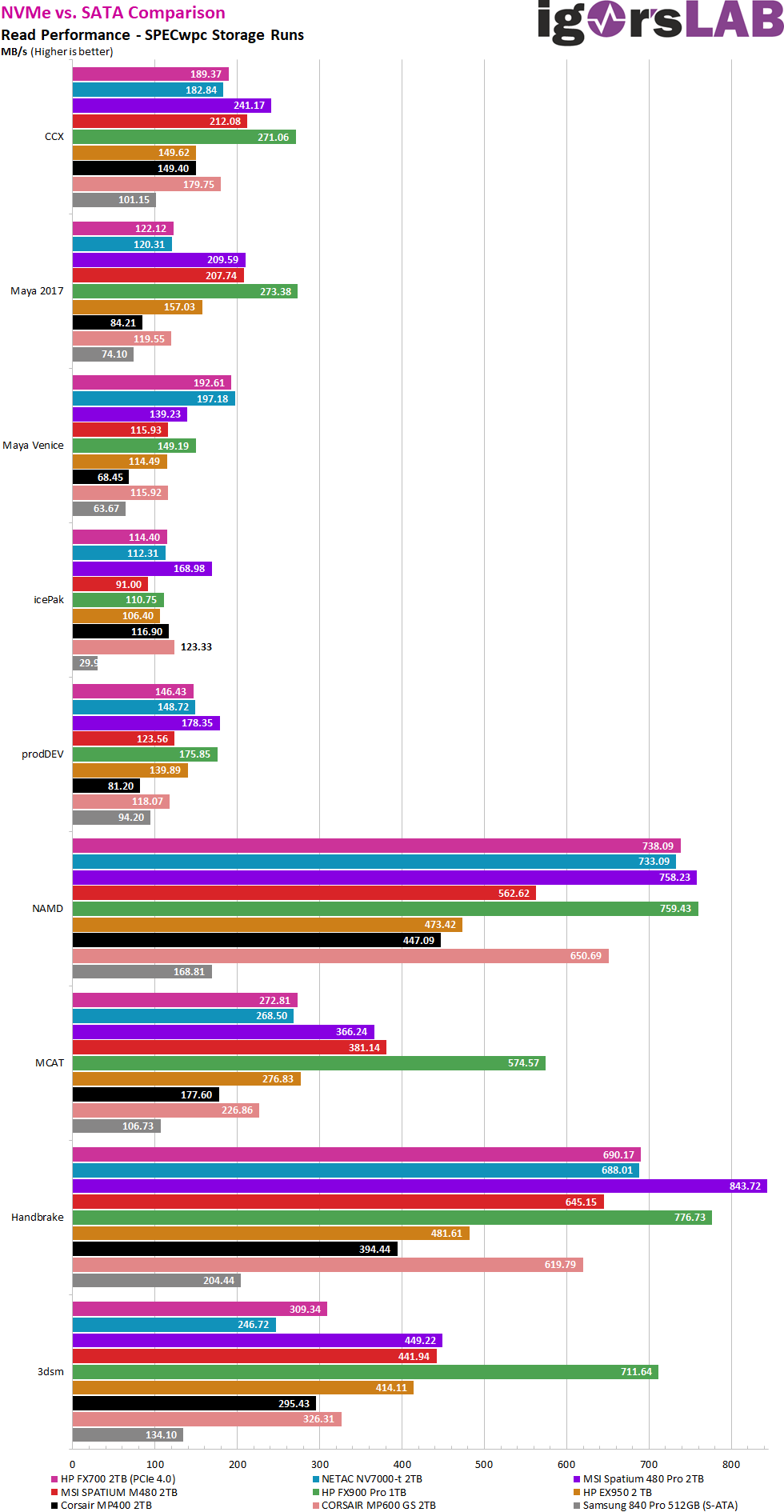
The performance is completely sufficient for most applications, but is very mixed, depending on the application and workload. And so you really have to consider whether you really feel it subjectively and whether it really increases productivity in the individual case or perhaps even reduces it in the worst case. That’s why I see the HP FX700 more as a data tomb and storage for large files such as games or software installations, but rather less for use as a system SSD and for constantly writing smaller data blocks.
Summary and conclusion
What I really like, however, despite all the cuts in some applications, is that the HP FX700 2TB NVMe is really really economical and efficient, it stays nice and cool and doesn’t scream for a massive heatsink and fan! On the contrary, theoretically you don’t need to cool it at all. That alone could make up for the slightly too high price of around 145 euros and the mediocre workstation performance. However, these small slips are not noticeable in a few applications, neither when gaming nor when streaming. This SSD has interesting QLC flash modules installed and also has a rather exotic controller, which could certainly be optimized even more in terms of the firmware.
All this is the positive side with the want-to-have factor. But there is also a certain downside, and this is probably due to the firmware. I see a lot of catching up to do here in some applications (especially with small written data blocks), whereas the pure optimization of larger and longer data streams (e.g. when streaming the video file) is more or less effective. However, many small write and copy operations in some workstation applications sometimes puzzle the controller.
The minor weaknesses and partial drops in performance cannot simply be passed over without comment, even if they are often not even noticeable in practice. But they are there and cloud the actually very positive overall picture with the great efficiency a little, even if it performs quite well for a QLC SSD. I would have liked a slightly more consistent performance, but what is not, can still be. The device is more than usable for gaming and the loading times of the games are nothing to be annoyed about.
But as always, the devil is in the detail. I would definitely not install it in a workstation with very different workloads. The price is almost on a par with Corsair and Seagate, which I think is very ambitious and somewhat exaggerated. A lot needs to be optimized here and the price needs to be adjusted to the performance. Yes, you can do that if you don’t want to have any problems with the cooling. Or not, if it’s purely about performance and you can also cool actively.
The test sample was provided without obligation. There was and is no influence on the tests and results. There was also no compensation for expenses and no obligation to publish.





















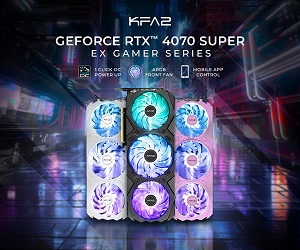
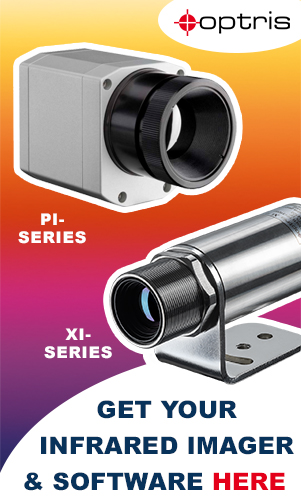

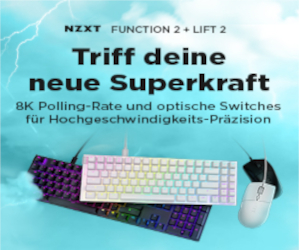
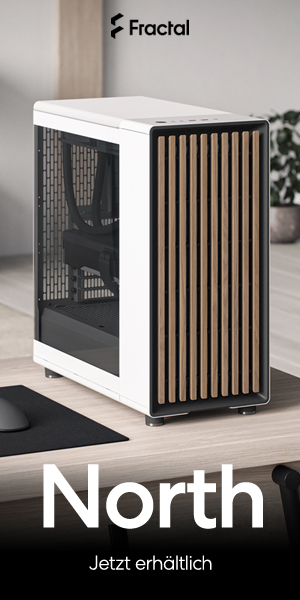

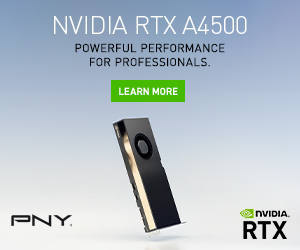
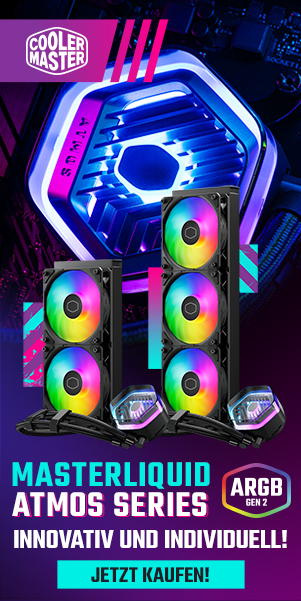
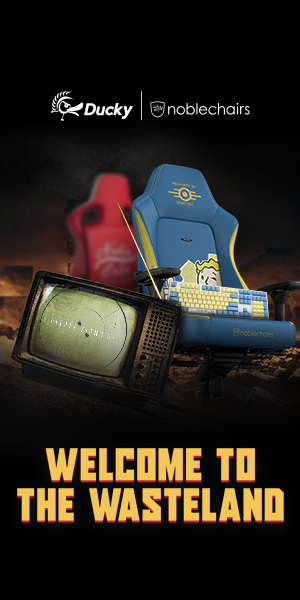
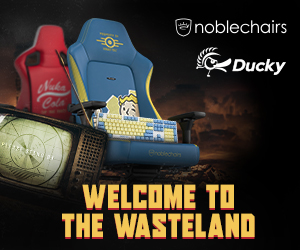

11 Antworten
Kommentar
Lade neue Kommentare
Veteran
Veteran
Mitglied
Veteran
Moderator
Urgestein
Mitglied
Urgestein
Moderator
Veteran
Mitglied
Alle Kommentare lesen unter igor´sLAB Community →